mHealth hit the “Hip” time as a topic of conversation at the recent South By South West Conference in Austin,Tx. During the panel discussion, “mHealth: Take Two Apps and Call Me In the Morning”, several key questions regarding the ability of mobile health apps to connect patients and physicians to “Big Data” were explored.
Let’s examine the panel’s responses and add several insights and maybe even raise a few additional questions to this conversation.
1. How does the influx of mobile devices and patient access to data change the physician’s role with the patient?
Daniel Kraft, Executive Director of Future Med pointed out the need for physicians to remain open-minded and willing to help patients interpret the data available on their mobile apps. Certainly, with more and more patients armed with smartphones, they have access via apps to personal health data that previously was held captive in the health care system. This access to personal health data will ultimately mean doctors must increase the engagement with patients to understand how this data impacts their health.
2. “How are we going to help people figure out how to filter, interpret, and make sense of this data?”, asked panel moderator, Sandeep Sood.
Platforms exist that track patient data and behavior for medical researchers and physicians. This in turn leads to a fire hose of data (Big Data) for the patient to apply to his or her life. One of the panelists, Jacob Brody, cited a mobile app that offers interpretation of the data and recommends behavior changes. These “smart” apps no doubt will change how physicians interact with patients, and will also change the expectations and perceptions of the value doctors deliver.
3. Who owns this patient health data?
Yes, patient privacy is a concern and must be protected, yet patients’ willingness to “donate” personal health data can truly lead to medical advancement and improved health care for everybody.
4. Will algorithms and mobile apps replace physicians?
No, doctors aren’t going to be out of work anytime soon, but their role will certainly change. It will change what doctors do. It will free them from doing checkups, testing, diagnosis, prescription, behavior modification… those things that computers are better at doing… and permit them to do their jobs better. The data and having access to the data using mobile devices positions physicians to be faster, more accurate, and more fact-based in their diagnosis and treatment plans.
5. What does this all mean for Mobile Health App and Solutions Developers?
To deliver an easy to use app for both health care providers and patients, means mobile health firms need to practice engagement too. Mobile health firms must engage health IT to understand the systems. Health care clinicians physicians, nurses, and all front-line health care givers must be engaged to determine concerns, frustrations, and wants. And, yes, the end patient must be engaged to understand how connecting the IT system and the mobile device leads to changed behaviors and improved health.
mHealth can deliver health care rather than sick care. Perhaps the “Big Data” required is the mind and culture shift the Mobile health firm will need to navigate to make a difference.
photo credit: IntelFreePress via photopin cc
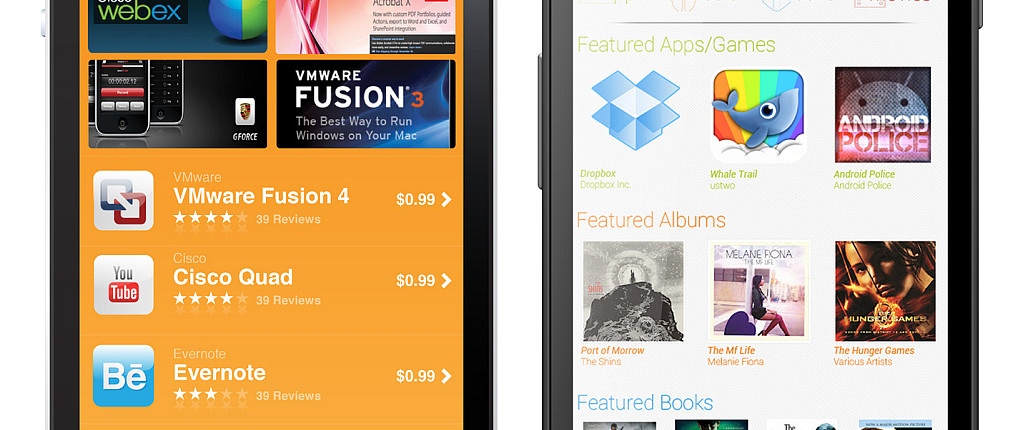
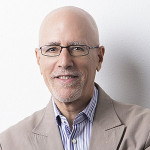

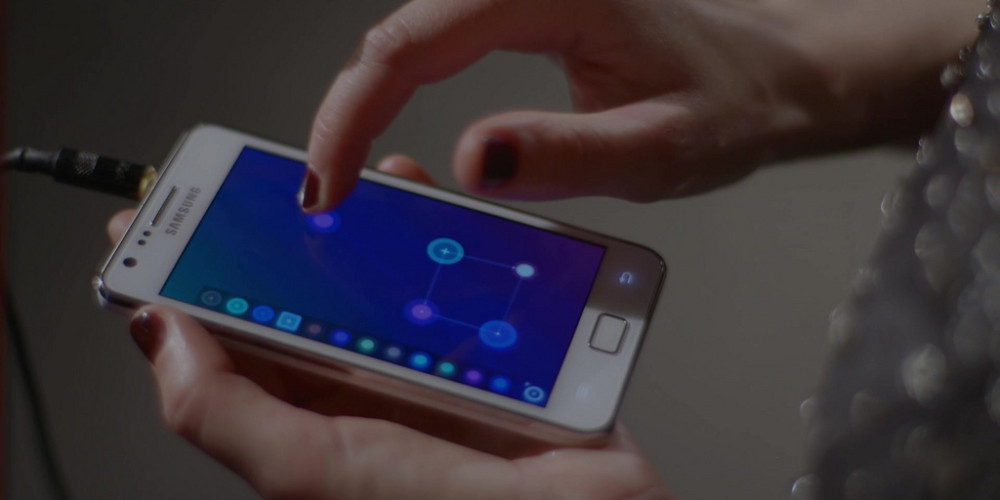
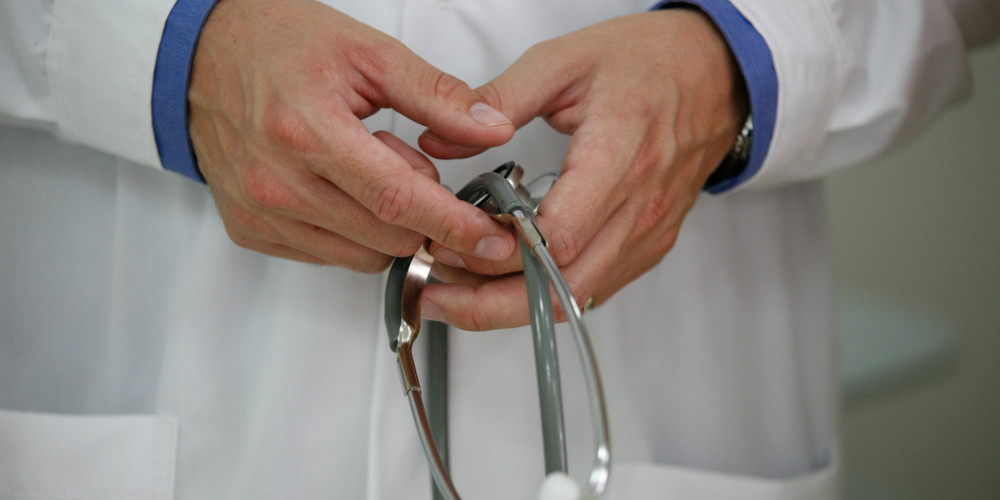
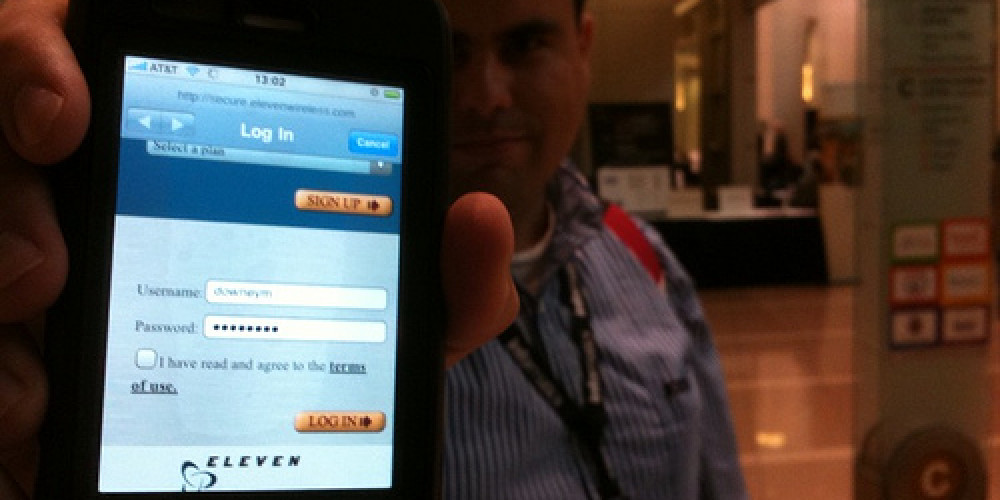
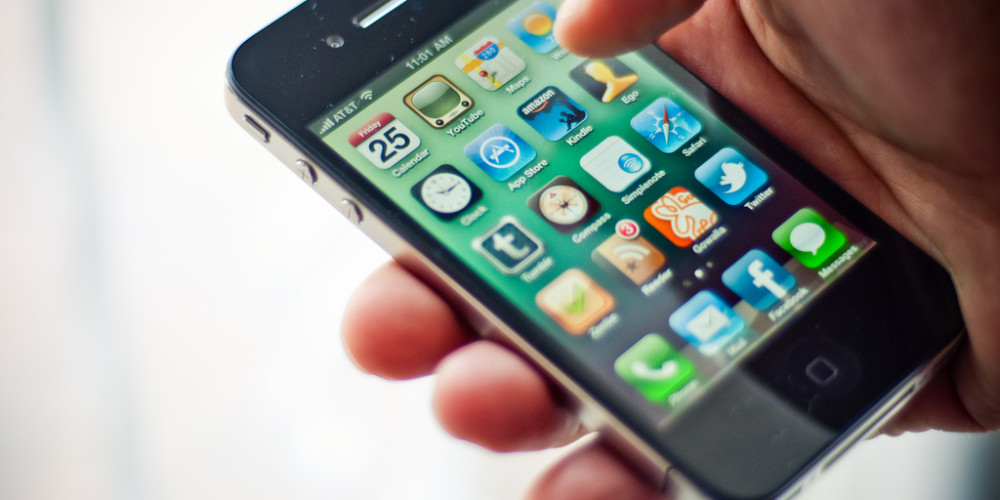
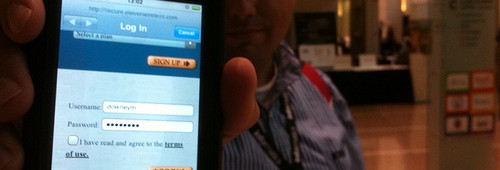

3 thoughts on “Patient Engagement: Translating Big Data Using Mobile Apps”